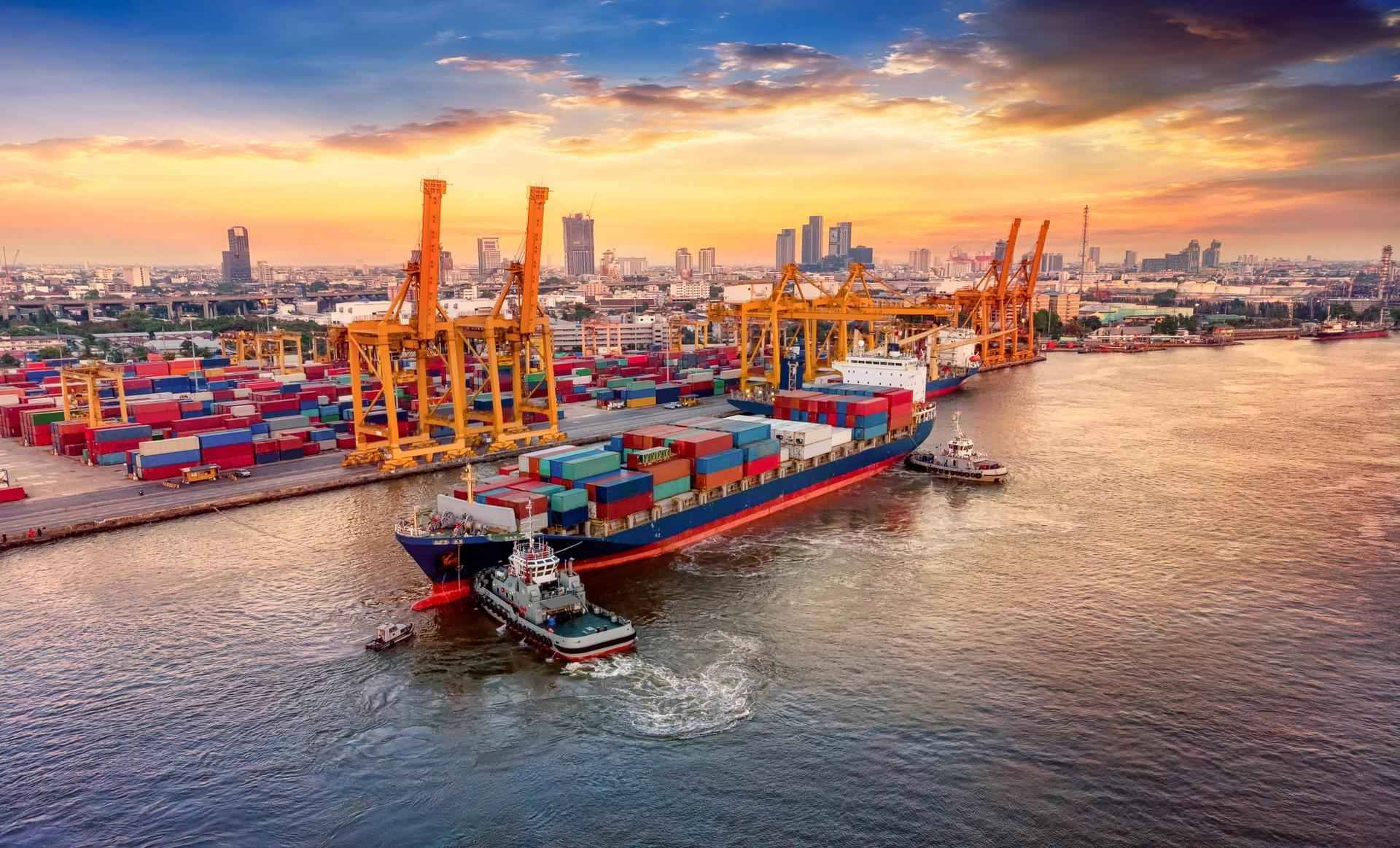As the old cliché goes, when the going gets tough, the tough get going. Nothing could be more apt in the global shift of U.S. exporters, as they hesitate to grow internationally.
We found in our annual Global Trade Survey, only 47% of companies expect to invest in new companies. U.S. companies, in particular, are the most reluctant. There might be good reasons for this: fears of recessions in certain regions, the Russian-Ukrainian war, the Israel-Hamas war, U.S. stress with China, and the list goes on and on.
Global risk is inherent and impossible to avoid. Companies looking to take advantage and grow should have a game plan when it comes to addressing risk.

